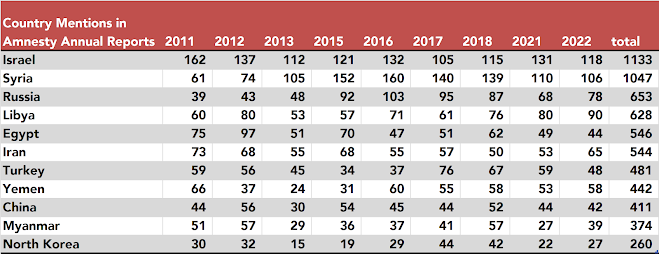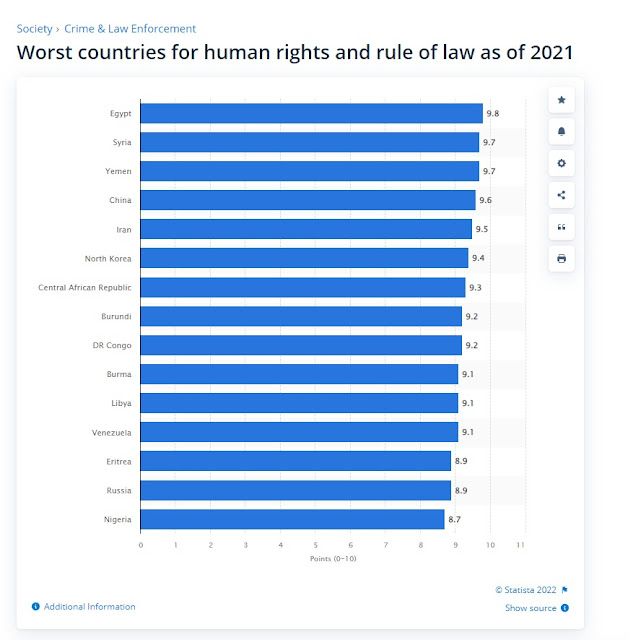Emily Schrader: In the Middle East, the silent majority want normalization with Israel
AS THE Negev Summit went on, extremists tried to derail the atmosphere of peace. While the attacks are heartbreaking and must be stopped, they actually proved that Israel’s alliance with the Arab world is authentic. For the first time we saw foreign ministers of Arab states condemning terrorism against Israelis, openly speaking out about the importance of people-to-people peace in preventing and stopping extremism.Islamic Tolerance: The Anti Muslim-Brotherhood League
In the days following the Negev Summit, we also saw Turkey strongly condemn terrorism against Israel, despite years of tension and support for Hamas terrorists, and a historic visit of Defense Minister Benny Gantz and President Isaac Herzog to Jordan to meet King Abdullah.
Simultaneously, a similar phenomenon is occurring within Israel: Israeli society and the younger generation of Israeli Arabs are pushing further toward unity, as understanding grows that Israelis really are one people, and those who attack us, attack all of us.
Despite that, extremists from the Israeli Arab society have tried to hijack the narrative to distract and fight this reality. This occurred last May with the riots, and it occurred this past week with several of the terrorists murdering their fellow citizens.
Israel must do everything it can to stop this wave of terrorism, but we have more reason than ever to be hopeful as the momentum is continuing to head in the right direction, both regionally and within Israel. The path to normalization isn’t easy, but at this point it is inevitable.
Israeli society is diverse and unique, composed of Jews, Arabs, and Druze, the vast majority of whom want to be Israeli, and want to live together in peace. As time goes on, the silent majority who support normalization will prevail.
This month’s issue of Sephardi Ideas Monthly inaugurates a new series exploring a very important cultural development in the Middle East and North Africa (MENA) that has been almost completely ignored by the Western Press. What’s the story?Report: Israeli Delegation Secretly Met With Senior Sudanese Military Officials
A serious struggle is being waged by Islamic scholars from Morocco to the Gulf to cultivate and advance a tolerant form of Islam that respects non-Muslims and that recognizes minority rights based upon Islamic principles.
The efforts of Islamic scholars must of course be seen within larger political contexts. In the Middle East, religion and politics are rarely separable. Additionally, even if one identifies with these scholars’ aims, it’s possible to wonder about the effectiveness of scholarly-religious pronouncements and documents, in general. Different dimensions and critical perspectives will be examined in the course of the series.
But Sephardi Ideas Monthly respectfully submits that if you had been following the various forms of Islamic reform and their interaction with global Jewish communities over the past few years, meetings often spear-headed by the American Sephardi Federation, then you weren’t terribly surprised when the Kingdom of Bahrain and the United Arab Emirates established and the Kingdom of Morocco restored and upgraded diplomatic relations with the Jewish state in 2020. In order to understand political developments across MENA, it’s helpful to keep an eye on religious developments.
An Israeli security delegation held meetings with senior Sudanese defense officials during a secret visit to the Sudanese capital of Khartoum recently, Kan News reported in recent days.
According to the report, the Israeli delegation also held meetings with the head of Sudan’s Sovereign Transitional Council, Abdel Fattah al-Burhan, who in the past has confirmed that his country’s relations with Israel include cooperation on intelligence, security and military cooperation, the London-based Alsharq Al-Awsat added on Sunday.
This is the third reported visit for a security Israeli delegation in six months.
In January 2021, Sudan became the third Arab state, after the United Arab Emirates and Bahrain, to normalize relations with Israel by signing the Abraham Accords. Steps to normalize ties between the two countries began the previous year.
“In 2021, Sudan’s ruling sovereignty council and cabinet voted to abolish the Israel boycott law as part of the normalization of ties between the two countries. The law had been in force since 1958,” said Alsharq Al-Awsat.



































.jpg)





